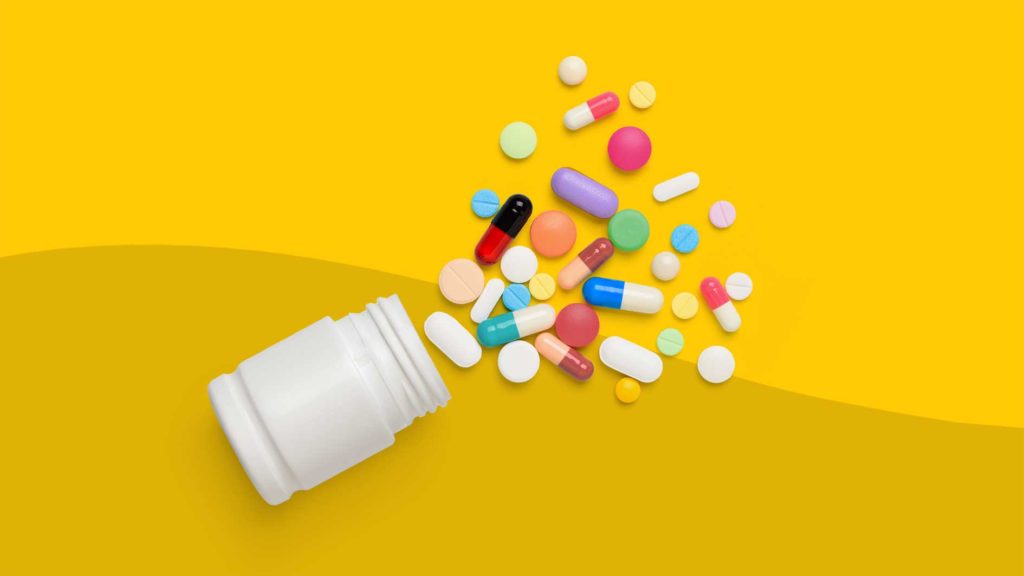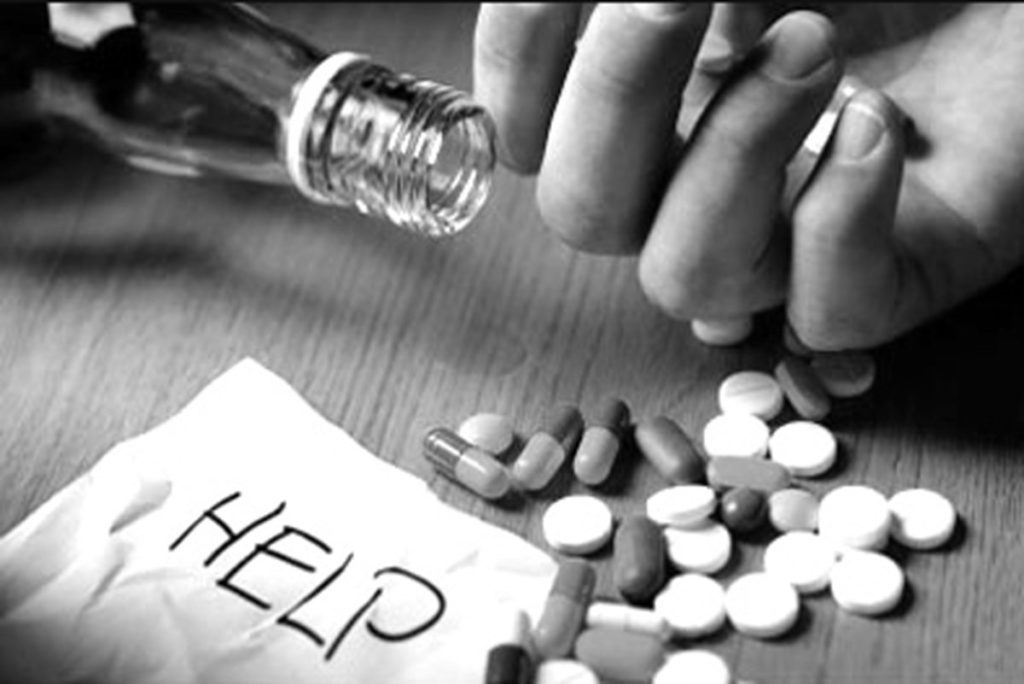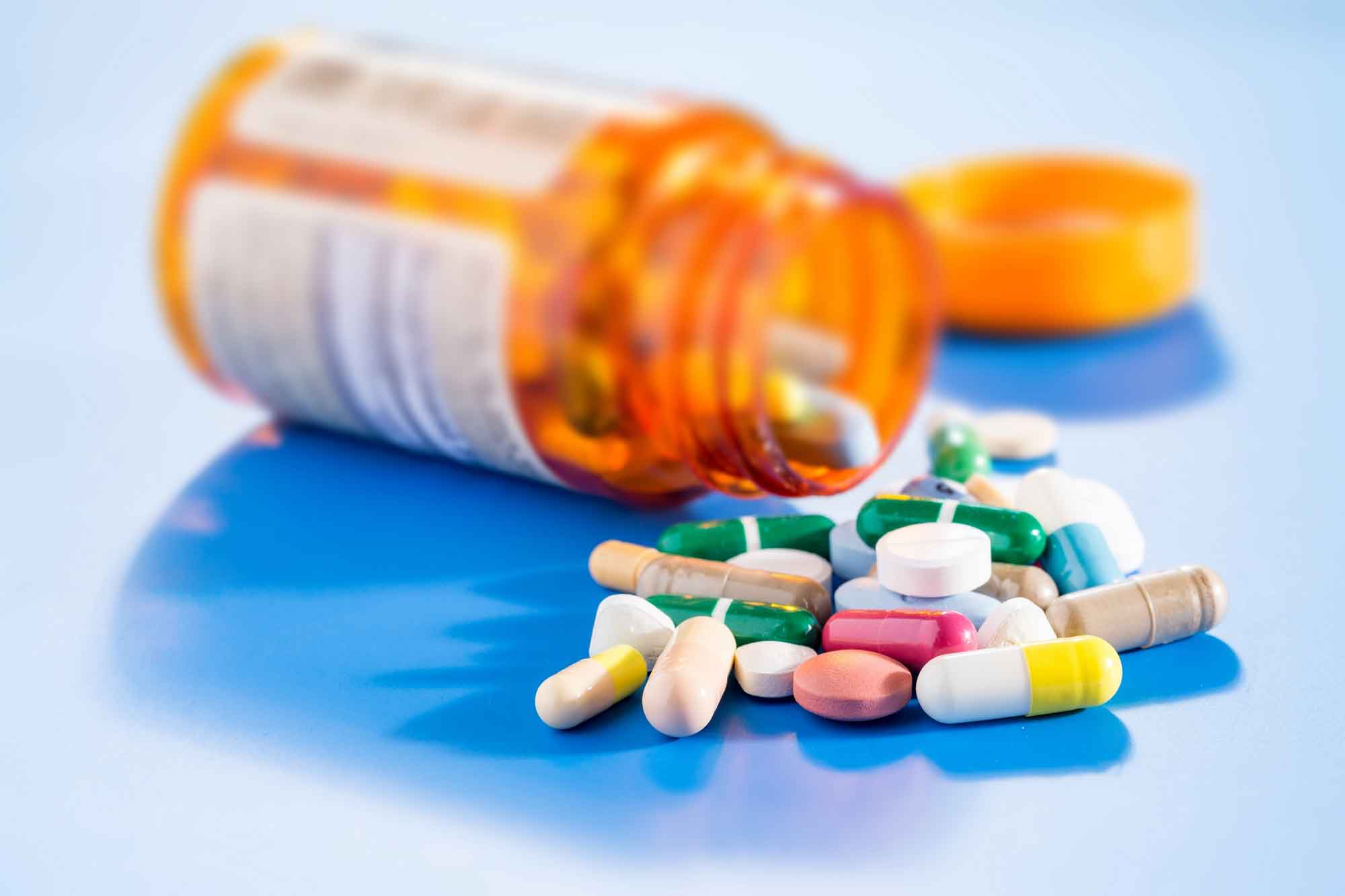What is Tramadol?
Tramadol is an opioid pain reliever that is typically used after surgery to alleviate pain. It is sometimes used to reduce dental pain. Aside from its analgesic properties, tramadol also prevents the reuptake of norepinephrine and serotonin, resulting in mood changes. Using tramadol for more prolonged periods can change your brain chemistry, and make tramadol detox more challenging. This is the result of having chemical dependence on tramadol.
There are a large number of other drugs that may interact with tramadol, that is why it is important to always tell your doctor about other medicines you are taking and avoid developing a dependence on tramadol.
As you become more dependent on tramadol, your body behaves like it needs tramadol to thrive. Hence, when you suddenly stop using it, you’ll experience physical and psychological effects such as intense cravings and irritability. Experiencing tramadol detox can make it complicated for you to think well and makes you tempted to use tramadol excessively. If you want to heal yourself from this, you need to eliminate tramadol’s dependence on your mind and body. Tramadol detox is the only process to do it.
According to MedinePlus.gov, tramadol comes as a tablet, a solution (liquid), an extended-release (long-acting) tablet, and an extended-release (long-acting) capsule to take by mouth. The regular tablet and solution are taken usually with or without food every 4 to 6 hours as needed. The extended-release tablet and extended-release capsule should be taken once a day. Take the extended-release tablet and the extended-release capsule at about the same time of day every day.

If you are taking the extended-release capsule, you may take it with or without food. If you are taking the extended-release tablet, you should either always take it with food or always take it without food. Take tramadol exactly as directed. Do not take more medication as a single dose or take more doses per day than prescribed by your doctor. Taking more tramadol than prescribed by your doctor or in a way that is not recommended may cause serious side effects or death.
Can You Overdose On Tramadol?
When tramadol is taken other than how it’s directed, or in larger doses than prescribed, this drug can cause an overdose. Often considered to be less habit-forming than other opioids, tramadol is still addictive and can lead to physical dependence.
Tramadol is an opioid analgesic, often sold under the brand name Ultram. Tramadol is a narcotic that impacts the central nervous system and binds to opioid receptors in the brain. These effects cause the functions of the body to slow down, especially breathing patterns. If a person takes too much Ultram, they can suffer a potentially lethal overdose. The main cause of overdose is slowed or stopped breathing.
People who struggle with taking too much tramadol may need help to stop taking the drug. We Level Up rehab centers provide medical detoxification and addiction treatment for people who suffer from opioid addiction, including tramadol.

Get Your Life Back
Find Hope & Recovery. Get Safe Comfortable Detox, Addiction Rehab & Dual Diagnosis High-Quality Care.
Hotline(844) 597-1011Tramadol Overdose Causes
Every day in the U.S., more than 130 people die from overdosing on opioids. If you or someone you love is suffering from pain that requires the use of opioid medications, it’s vital to know the risk factors for opioid overdose — and how best to prevent it. Anyone who takes tramadol is at risk for potential dependence, addiction, and overdose. However, those who use this narcotic medication will be at an increased risk.
Additional factors can increase a person’s chance of overdose, including:
Large Or Frequent Doses
Tramadol is often prescribed due to its dual benefits of being able to treat pain while being less addictive. However, tramadol can still be habit-forming. People who take this drug over long periods can become physically dependent on the drug, which could cause a person to take large or frequent doses. Over time, the body becomes accustomed to having high amounts of the drug in order to function normally.
If a person suddenly stops or decreases their use, the body may display symptoms of opioid withdrawal. These symptoms can be extremely uncomfortable, including nausea, sweating, and muscle cramps. To avoid withdrawal symptoms, some people may take higher doses of tramadol than prescribed.
History Of Other Mental Health Conditions Or Substance Use
People who suffer from mental health conditions are at an increased risk for opioid use and overdose. When a person has symptoms of depression, bipolar disorder, or another mental health condition, they may take large amounts of tramadol to relieve the symptoms.
Additionally, people who struggle with polysubstance use may mix tramadol with other drugs. This raises the risk of overdose. Those who suffer from these conditions can benefit from learning safer coping mechanisms, such as mindfulness. Patients receive mental health and addiction treatment at We Level Up rehab centers across the U.S.
How Much Tramadol Is An Overdose?
People who take tramadol may wonder how much tramadol can lead to an overdose. The answer depends on a number of personal and behavioral factors, including how a person ingests the drug.
The typical therapeutic dose for extended-release is 100 milligrams, once a day. Oral tablets are usually 25 milligrams per day, taken in the morning. People with higher or lower body mass indexes may be prescribed a different dose. As a person’s body gets used to the medication (called a “tolerance”), the prescribed dosage may increase over time.
While tramadol can lead to feelings of euphoria, these are not typically as strong as the “high” from other opioids. People who use tramadol recreationally may chew, crush, snort, or inject the pill for a stronger effect. Others may mix tramadol with another drug, such as alcohol or benzodiazepines. These dangerous behaviors greatly raise a person’s risk of overdose.
Some people who take opioids keep naloxone (name brand Narcan) on hand. Naloxone is a drug that reverses the effects of opioids on the central nervous system. In the event of a tramadol overdose, the person suffering will not likely be able to give themselves naloxone. It is often up to another person present to administer the medication.
Get Help. Get Better. Get Your Life Back.
Searching for Accredited Drug and Alcohol Rehab Centers Near You?
Even if you have failed previously and relapsed, or are in the middle of a difficult crisis, we stand ready to support you. Our trusted behavioral health specialists will not give up on you. When you feel ready or just want someone to speak to about therapy alternatives to change your life call us. Even if we cannot assist you, we will lead you to wherever you can get support. There is no obligation. Call our hotline today.
(844) 597-1011Tramadol Overdose Symptoms
Like other opioids, tramadol can result in a feeling of relaxation and well-being. This may lead some people to take too much of the drug. It is not common to overdose on tramadol when the drug is taken as prescribed. People who overdose on tramadol are often abusing the drug, or taking it more frequently than directed.
Tramadol comes in an extended-release tablet, which means the medication has a potent amount in each dose. If a person uses tramadol by crushing and snorting the pill, they are at a heightened chance of overdose.
Symptoms of a tramadol overdose include:
- Extreme fatigue
- Falling in and out of consciousness (“nodding out”)
- Slowed heartbeat
- Weak muscles
- Decreased pupil size (“pinpoint” or “pinned out” pupils)
- Cold, clammy skin
- Gray or bluish tint to the skin
- Coma
Large amounts of opioids like tramadol can decrease the amount of oxygen available to the brain. This can result in coma, permanent brain damage, or death. Tramadol overdose is a medical emergency. If you suspect a person is suffering an overdose, call 911 immediately and try to keep the person awake until help arrives.
First-class Facilities & Amenities
World-class High-Quality Addiction & Mental Health Rehabilitation Treatment
Rehab Centers TourRenowned Addiction Centers. Serene Private Facilities. Inpatient rehab programs vary.
Addiction Helpline(844) 597-1011Proven recovery success experience, backed by a Team w/ History of:
15+
Years of Unified Experience
100s
5-Star Reviews Across Our Centers
10K
Recovery Success Stories Across Our Network
- Low Patient to Therapist Ratio
- Onsite Medical Detox Center
- Comprehensive Dual-Diagnosis Treatment
- Complimentary Family & Alumni Programs
- Coaching, Recovery & Personal Development Events
Tramadol Overdose Treatment
According to the federal Food and Drug Administration (FDA), treatment of a tramadol overdose should focus first on maintaining adequate ventilation, so the patient is able to breathe. Naloxone is a type of narcotic that may be used to help reverse the effects of a tramadol overdose.
It works by attaching itself to the same receptors in the brain that tramadol (and other opioids) affect, preventing them from binding at these sites and producing their usual effects. Because of tramadol’s somewhat atypical mechanism of action, naloxone administration only partially reverses some of the dangers in an overdose situation.
Furthermore, while naloxone can help to somewhat reduce the respiratory and central nervous system depression that an overdose might cause, the FDA warns that it can also increase the patient’s risk of seizure and should, therefore, be used carefully.

Should seizure activity be present, appropriate sedative or anticonvulsant medication is indicated to safely manage the patient. Patients experiencing severe respiratory difficulties may need to receive oxygen. In severe cases, patients may also experience irregular heartbeat or cardiac arrest or may need more drastic treatments, such as defibrillation.
World-class, Accredited, 5-Star Reviewed, Effective Addiction & Mental Health Programs. Complete Behavioral Health Inpatient Rehab, Detox plus Co-occuring Disorders Therapy.
CALL(844) 597-1011End the Addiction Pain. End the Emotional Rollercoaster. Get Your Life Back. Start Drug, Alcohol & Dual Diagnosis Mental Health Treatment Now. Get Free No-obligation Guidance by Substance Abuse Specialists Who Understand Addiction & Mental Health Recovery & Know How to Help.
Recovering from Tramadol Overdose
Physical recovery from a tramadol overdose may depend on the severity of the overdose. In extreme cases, an overdose may have serious consequences, such as:
- Pulmonary edema
- Cardiac arrest
- Liver failure
In these situations, extended hospital stays followed by continued treatment may be necessary even after the immediate effects of the overdose have been taken care of. If the patient was also suffering from a tramadol dependency at the time of the overdose, he or she might also have to cope with withdrawal effects during recovery.
Withdrawal symptoms can include:
- Sweating
- Insomnia
- Coughing and sneezing
- Chills
- Nausea
- Shaking
- Nervousness or panic
- Hallucinations (in rare cases)
Patients undergoing withdrawal may experience mood changes, such as nervousness. Some may also wish to seek treatment for their psychological symptoms during their recovery.
Tramadol Addiction Treatment
When a person develops a significantly severe tramadol dependence, a supervised medical detox may be the safest start to recovery. Even as an atypical, relatively low-potency opioid, because of the risk of an unpleasant withdrawal syndrome, it’s not recommended that users abruptly stop their use of the drug. Professional detox and treatment programs will help patients taper off the drug slowly while using behavioral therapies to address the root cause of drug abuse.
Tapering is the gradual process of slowly reducing the individual’s daily dose of a drug. This steady reduction, as opposed to an abrupt cessation of the drug, gives the body time to adjust to smaller and smaller amounts of the drug without going into shock. Depending on your level of addiction you might taper in a hospital setting, inpatient detox center, or outpatient detox program.

Your tapering schedule will be determined by a number of factors including how long you used tramadol, how much of the drug you were used to using, your health, your age, any co-occurring mental health issues, and whether you are abusing any other substances in addition to tramadol. In general, your doctor will decrease your dose by 10% each week, but if you have been using opioids for a very long time, your tapering may need to go even slower—perhaps a 10% decrease each month. If you are pregnant and tapering off of opioids, your care may need to be coordinated with specialists to minimize the risk to your baby.
After you have completed detox and you are stabilized, your doctor will refer you to the most appropriate next step for your treatment plan.
Experience Transformative Recovery at We Level Up Treatment Centers.
See our authentic success stories. Get inspired. Get the help you deserve.
Start a New Life
Begin with a free call to an addiction & behavioral health treatment advisor. Learn more about our dual-diagnosis programs. The We Level Up Treatment Center Network delivers recovery programs that vary by each treatment facility. Call to learn more.
- Personalized Care
- Caring Accountable Staff
- World-class Amenities
- Licensed & Accredited
- Renowned w/ 100s 5-Star Reviews
We’ll Call You



